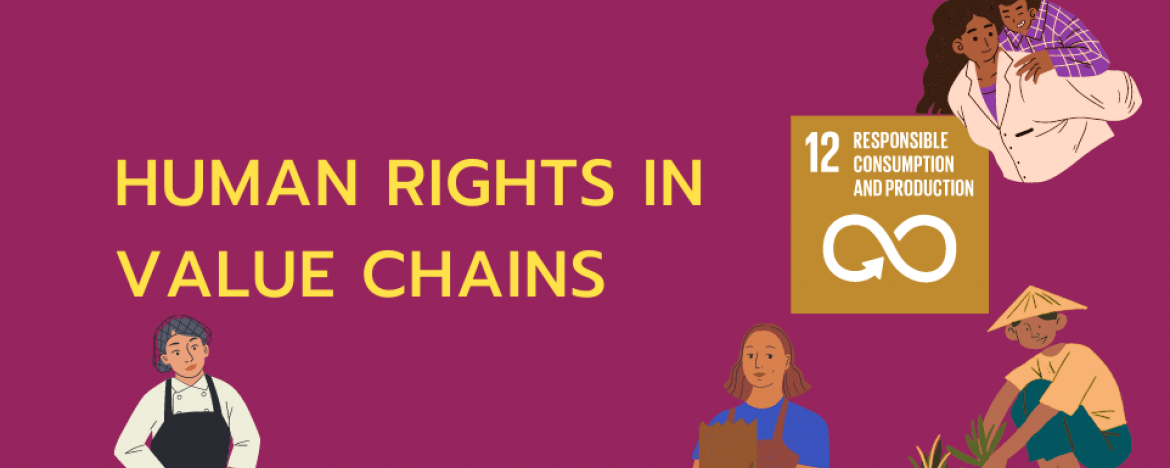
Cooperatives, a people-centered business model that places people before profit, have a natural attribute to human rights. They are based on the values of self-help, democracy, equality, equity, and solidarity. These values are embedded in the cooperative principle of concern for the community.
In human rights practices, cooperatives play a significant role in implementing social responsibility. To a large extent, the cooperative movement is the pioneer of developing and implementing corporate social responsibility. Besides, cooperative culture is based on humanitarianism, that encourages respecting people, caring about people, and putting people first. Thus, it is the most proper and effective business model to realize human development and economic and social rights.
Cooperatives actively participate in the global food system and occupy various positions across the value chain ranging from producers, workers, transport, consumers, and recycling. Cooperatives drive a fairer distribution of value and control to ensure they achieve most of their main goals in eradicating poverty, hunger, and inequality. However, there is still an untapped opportunity to create a fairer and more sustainable food system and supply chains through innovative approaches in the production and distribution of food
ICETT will mobilise the cooperative movement and other relevant stakeholders, in the spirit of cooperation among cooperatives and concern for community, to align their operations with cooperatives principles and UN guiding principles on human rights and to protect the fundamental rights of workers in their value chains. It will also serve as a platform to share best practices and point out areas that need to be improved regarding human rights in value chains and advocate for worker’s social protection and rights.
Also, ICETT aims to partner with ILO through the Alliance 8.7 to mobilise the cooperative movement to focus on eliminating child labour. It will call upon cooperatives to engage in community mobilisation and awareness-raising campaigns among their members and within the communities where they operate and provide guidance and community leadership in putting measures for elimination of child labour. This partnership is timely as the UN declared 2021 the International Year of Elimination of Child Labour.
The UN Member States adopted the Sustainable Development Goals in 2015 and in Target 8.7, all countries committed to: Take immediate and effective measures to eradicate forced labour, end modern slavery and human trafficking and secure the prohibition and elimination of the worst forms of child labour, including recruitment and use of child soldiers, and by 2025 end child labour in all its forms.




